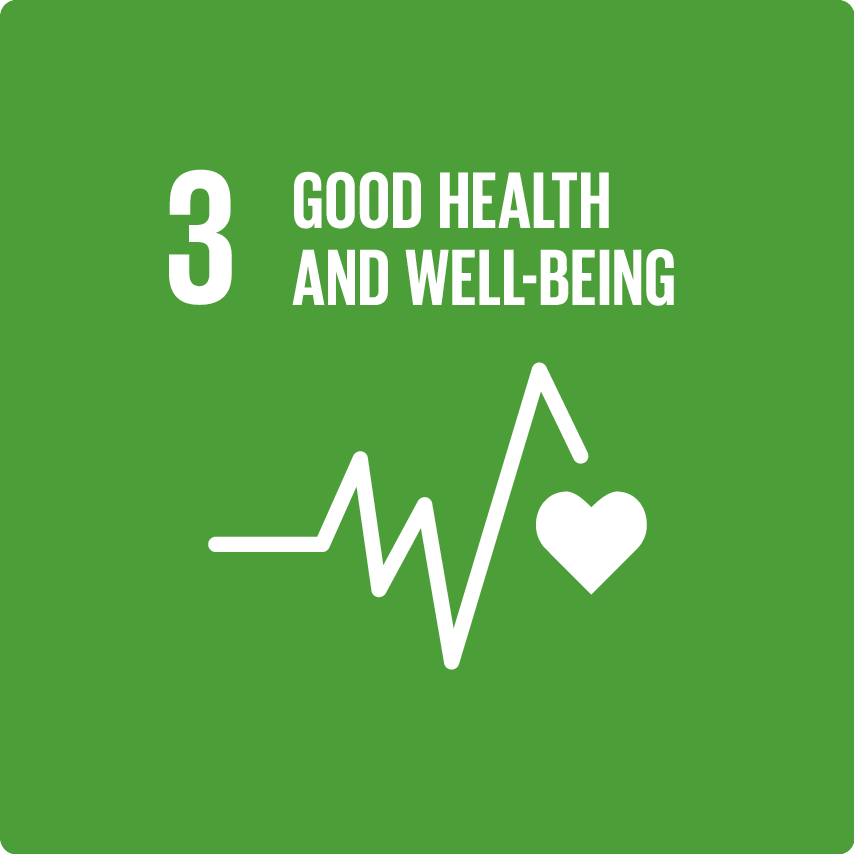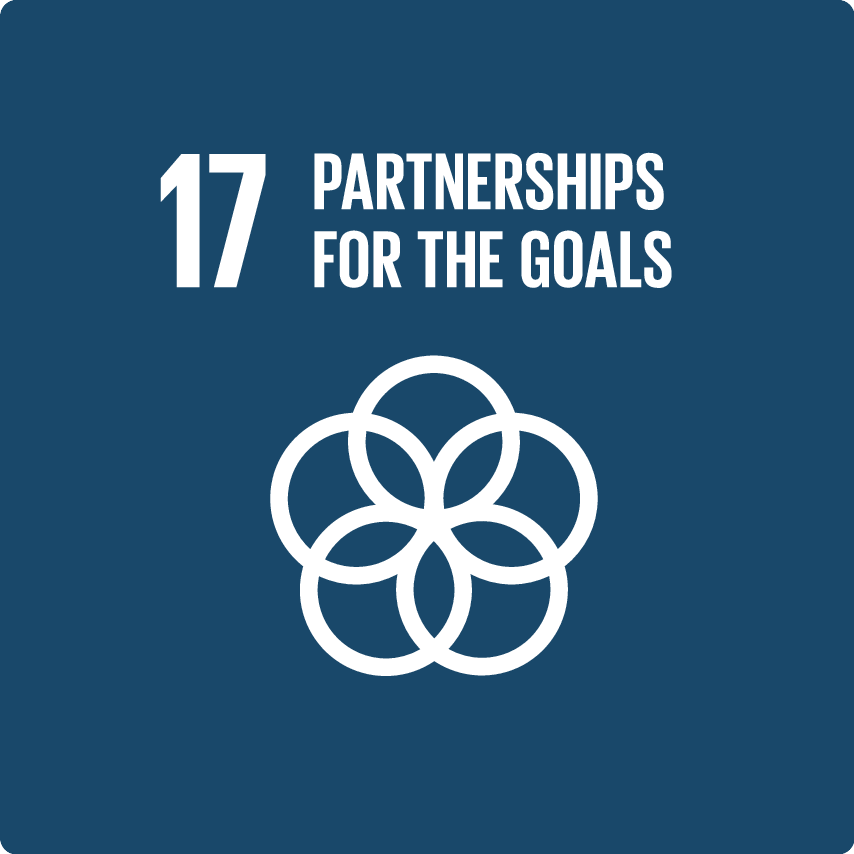Business Alliance Against Malaria
Committed to leveraging leadership and innovation to see the elimination of malaria within our lifetime.
SEE ALL PARTNER ORGANIZATIONS
Objectives
The Business Alliance Against Malaria (BAAM) is committed to leveraging the private sector’s leadership and innovation to see the elimination of malaria within our lifetime. BAAM serves as the only platform that unites companies across industries and continents to bring multi-sector expertise and strategic partnership to the fight against malaria. Together, the Alliance shapes global and regional policy, mobilizes stakeholders, and bolsters the work of those who share our vision of a malaria-free world.
Two decades of investments in malaria have saved 7.6 million lives and prevented 1.5 billion malaria cases. Strong political commitment and effective interventions have drastically reduced the global burden of malaria. In that time, over 20 countries from every region worldwide reached the target of zero malaria cases, proving that elimination is possible.
Yet, the spread of COVID-19 posed a threat to the malaria response, particularly in the highest malaria burden countries where the rate of progress has slowed in recent years.
Advocates have been pushing for urgent action to get the global response to malaria back on track. As long as malaria exists, it will be a chronic engine of poverty and inequality, burdening the poorest and most vulnerable communities, and potentially resurging in times of crisis.
Conversely, meeting the 2030 malaria elimination targets would generate an estimated US $2 trillion boost to the global economy and save approximately 10 million lives. In fact, it is estimated that every US$ 1 dollar invested in ending malaria yields US $40 in economic returns.
Communities, governments, NGOs, and private sector must work closely locally and globally to clear the final hurdles. Therefore, we are calling on businesses to make malaria their issue and bring to bear their expertise, networks, and social presence to make an impact.
The role of the private sector in the fight against malaria
The private sector is uniquely positioned to make catalytic contributions to the fight against malaria by leveraging its differentiated innovations, technical expertise, and financial resources. Because malaria’s impact extends across sectors, all businesses can and should play a role in combating the disease, including through product innovations, advocacy, and value chain solutions.
BAAM calls on business leaders to strengthen public-private partnerships, identify new opportunities to align organizational strengths with needs, continue to develop innovative prevention, diagnostics, and treatment products against malaria, provide catalytic contributions to close the funding gap, and focus CSR efforts on global health.
Looking to the future, increased investments in health systems strengthening activities and the development of new innovative tools and technologies will leave us prepared to beat malaria and address new emerging deadly diseases.
BAAM believes that resources invested in the fight against malaria play a central role in building overall stronger and more resilient health systems. While health system investments are critical, BAAM calls on the global community to prioritize investments in the development and scale-up of new tools and technologies for fighting malaria and emerging disease threats and urges governments and partners to continue their prevention, diagnosis, and treatment programs for malaria.
What is the BAAM
Formerly known as the Private Sector Malaria Coalition (PSMC), the group has been engaging for the long haul with the world’s foremost policymakers and influencers such as the RBM Partnership to End Malaria, the Global Fund to Fight HIV, TB, and Malaria, International Public Health Advisors, and the World Health Organization (WHO). Members of the Alliance include Bayer, GSK, Nando’s, Novartis, Sanofi, Vestergaard, Trop Med Pharma Consulting, and the High Lantern Group (HLG).
As a coalition, BAAM’s objective is to catalyze action, promote innovations that support treatment and prevention, and provide a reputational platform for its members. BAAM works to inform global and regional policy, mobilize stakeholders, and bolster the work of those who share our vision of a malaria-free world.
- BAAM helps businesses learn how to leverage their unique expertise and insights to engage in the fight against malaria.
- BAAM represents the unified advocacy voice of businesses to help inform the policy conversation on malaria.
- BAAM connects a wide network of stakeholders across sectors, industries, and regions.
- BAAM acts as a catalyst, fostering and advancing ideas that drive progress through effective partnerships.
Sanofi is a former member of this initiative.
Results and milestones
BAAM Members’ contributions to malaria treatment innovations
- In 1999, Novartis launched the first fixed-dose artemisinin-based combination therapy (ACT), which is a mainstay of current antimalarial treatment. In 2009, Novartis and Medicines for Malaria Venture (MMV) introduced the first ACT formulation specifically developed for children. The company is also leading several malaria development programs featuring compounds that employ new mechanisms of action and with demonstrated activity against parasites resistant to current antimalarials. Click here for more detail on the Novartis malaria R&D pipeline.
- In 2018, the US Food and Drug Administration (FDA) approved the first single-dose medicine to prevent the relapse of P. vivax malaria, the result of a decades-long development effort led by GSK, in collaboration with the not-for-profit drug research organization Medicines for Malaria Venture (MMV). In November 2020, the partners presented positive data in children from 6 months up to 15 years of age.
- In 2021, the WHO recommended broader use of GSK’s RTS,S vaccine, the first vaccine to help protect children against the deadliest form of malaria, P. falciparum to reduce childhood illness and deaths from malaria in children living in sub-Saharan Africa and other regions with moderate to high transmission. In 2022, the WHO granted prequalification to GSK’s RTS,S malaria vaccine, a mandatory prerequisite for UN agencies to procure RTS,S in partnership with Gavi, the Vaccine Alliance, and eligible countries. That same year, UNICEF awarded a US$170 million contract to supply 18 million doses of the the RTS,S vaccine over the next 3 years.
- Sanofi contributes to ACT accessibility through policy level mandates by working with public organizations (such as governments, NGOs, and international funders). The price, set by Sanofi and by the Drugs for Neglected Diseases initiative (DNDi), is less than one dollar to treat an adult, and 50 cents to treat a child. It has become the standard reference price for new antimalarial drugs.
- Sanofi and MMV are developing a fixed-dose combination of antimalarials independent of artemisinin, currently in Phase II clinical trials. As of November 2019, the study met the criteria for efficacy. They also committed to develop a primaquine-type medication suitable for pediatric populations.
BAAM Alliance updates
- In April 2022, BAAM launched the “Why Business Should Fight Malaria: An Investment Case” to address the challenge of flat-lining funding for malaria programming while arming health leaders with the evidence necessary for increasing private sector engagement in the fight against malaria.
- From the start of the COVID-19 pandemic in 2020, BAAM has created a living resource with updates capturing the contribution of BAAM members to addressing malaria and COVID-19.
- In February 2019, BAAM entered a collaborative memorandum of understanding with the TBM Partnership to End Malaria, making BAAM the first private sector body officially engaged with the partnership.
- In 2018, the Alliance adopted and launched a new identity, evolving from the PSMC to the Business Alliance Against Malaria (BAAM).
- In July 2018, BAAM convened a side-event at the First World Malaria Congress in Melbourne in partnership with The RBM Partnership to End Malaria and the Asia-Pacific Leaders Malaria Alliance.
- In April 2018, the PSMC made a public commitment to malaria elimination at the Ready Malaria Summit in London.
- In April 2017, The Private Sector Malaria Coalition (PSMC) announced a collaboration with High Lantern Group to boost private sector engagement to end malaria. Now HLG operates as the Secretariat of the BAAM.
Geographic Reach
- Global Commitment
Disease Area
- Infectious and Parasitic Disease
Partner organizations
Vestergaard
High Lantern Group (HLG)
Nando's
Trop Med Pharma Consulting
Roll Back Malaria Partnership (RBM)
International Public Health Advisors
Additional resources
- BAAM website
- BAAM investment case
- Private Sector Malaria Coalition Partners with High Lantern Group to Boost Engagement on Malaria
- Partnership with RBM to End Malaria
- BAAM COVID-19 living resource website
- Ready Malaria Summit London commitments
- BAAM Malaria Live Talks - Continuity through crisis: COVID-19 & Malaria
- BAAM Malaria Live Talks - Continuity through crisis: COVID-19 & Malaria (full recording)
Geographic Reach
Global Commitment
Disease Area
Infectious and Parasitic Disease
- Malaria

